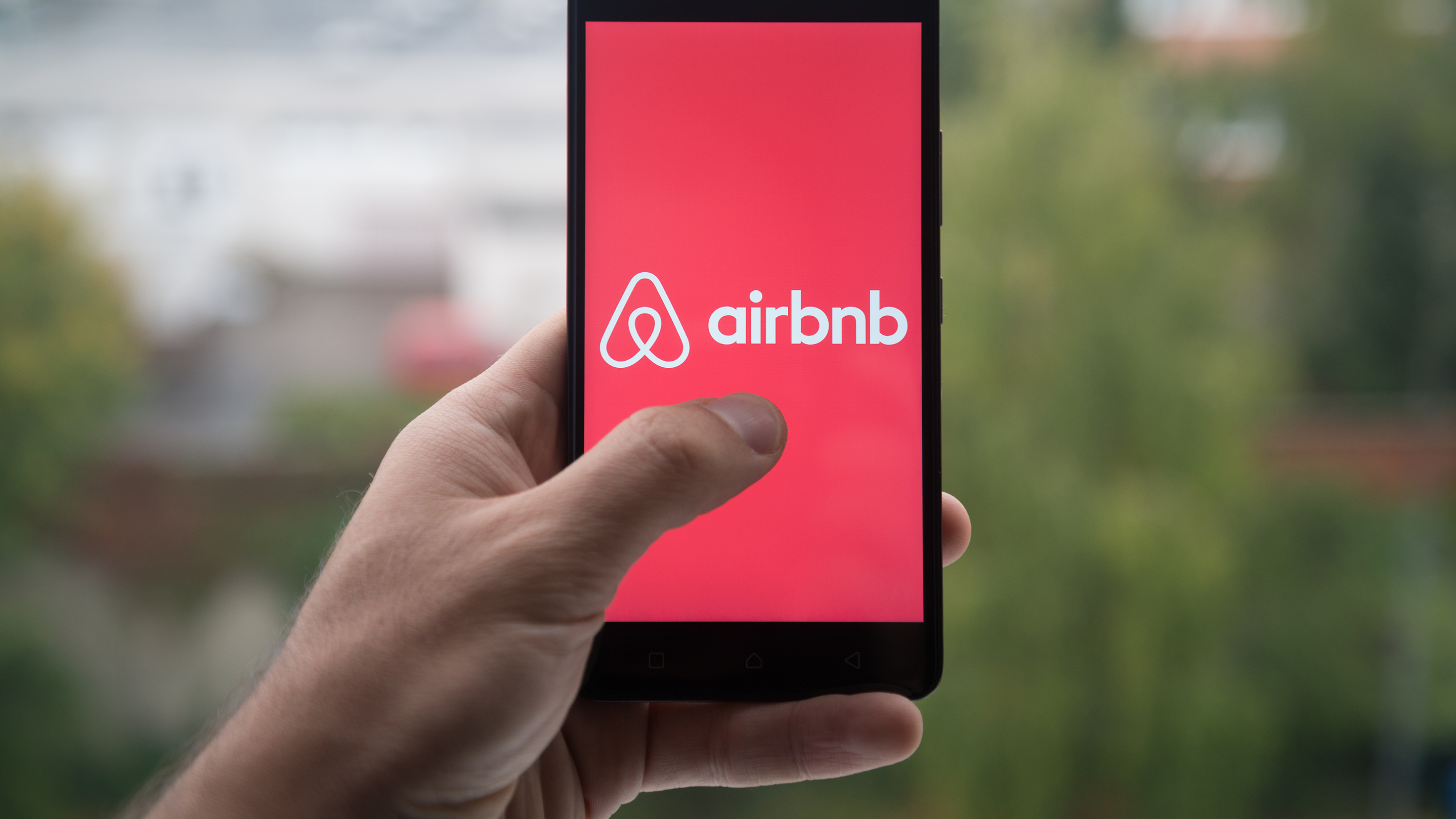Just as Uber disrupted the taxi industry, Airbnb has turned short-term rentals on their head, with a number of investors clamouring to get onboard and make some extra money from their second property.

It’s a lot simpler if that property is a stand-alone three-bedroom house on the river, but people living in strata schemes are amongst those wanting to cash in on the Airbnb phenomena, but with bodies corporates and by-laws banning short-term rentals this may have prevented them from doing so.
With the right to restrict owners from letting their own property now being challenged in the courts however, and a ruling finding in favour of the owner (Estens v Owners Corporation SP 11825 (Estens), some body corporates are scrambling to find ways to stop Airbnb from gaining a foothold.
So, what’s the concern with Airbnb holiday lets?
Security
There are a few concerns with Airbnb guests coming to strata buildings, with security being at the top of the list. The concern is that, while new strata owners tend to have a long-term interest in the property, holiday letters through Airbnb may not. The fear is that anyone may gain access to a building (keys left in drop boxes can easily be copied), leaving the complex vulnerable to theft and/or vandalism.
Quality of life
Owners often choose strata living because it offers them a measure of control over their living environment, with restrictions on noise, pets, parties and anti-social behaviour. Airbnb could undermine this by allowing access to anyone with few controls over how they behave.
Property damage
A third concern is damage and wear and tear to the property. With numerous short-term tenants using common area facilities, maintenance and repair bills could quickly rise, with the owners being required to foot the bill through increased strata fees.
Airbnb’s solution
To ease some of these concerns, Airbnb proposed a program called the Airbnb Friendly Buildings Program.
This would allow bodies corporates to know how many Airbnb lets there are in their properties at any one time, help to create rules for Airbnb hosting and even allow them to share in a percentage of the letting fees.
But many strata corporations are sceptical, pointing to Airbnb’s past reluctance to punish hosts for the illegal behaviour of their guests and their tendency to distance themselves from problems. These body corporates simply don’t believe the rewards being offered outweigh the risks that would come from opening their doors to Airbnb letting.


Body corporate solutions
While there are strata title owners who want to let their properties through Airbnb, there are also many who don’t, so if the body corporate consists of a majority who oppose the idea, these are some of your possible avenues of recourse:
1. Impose a by-law
The success of this will depend on your strata scheme and what state or territory you are in, but it may only be a temporary measure, as restricting an owner’s right to sublet has already been successfully challenged, so your by-law may soon be challenged as well.
2. Report owners
If an owner subletting through Airbnb has not declared the extra income to the ATO, you could conceivably ‘dob them in’, but there are hopefully more conciliatory ways to manage the problem than this.
3. Find a compromise
You could consider a middle-ground option such as controlling the practice rather than trying to ban it outright. Have potential Airbnb letters agree to a strict set of hosting rules and a fee that covers additional insurance and maintenance costs.
A legal solution
A recent ruling in Queensland where a Gold Coast Body
Corporate won an appeal to ban Airbnb rentals in their community after a two-year legal fight. An Appeals Tribunal approved a by-law from the Fairway Island Body Corporate that prohibited owners to let out their property for lettings that were less than one month. This was to protect the “special residential amenity of their community”.
Although this is the first successful ban that has been passed in Queensland for short-term letting, more than 99 per cent of bodies corporate cannot prohibit shortterm letting and won’t be affected by the ruling.
While the decision does not set a precedent across Australia, it will no doubt be used to argue for similar strata by-laws here banning short-term rentals of less than one month. Proponents will argue that the ruling carries more weight than the Estens v Owners Corporation decision, as it was made by a Court of Law, whereas the Estens decision was made by an Administrative Tribunal.
The future for short-term strata letting
While arguments will continue back and forth, the fact is that Airbnb is now commonplace on the holiday rental scene, just as Uber is now a regular ride option for millions of people every day. Bodies corporates and property managers in strata developments must represent the interests of all of their members, and if opinions about short-term letting are divided, then some sort of workable compromise needs be found to satisfy everyone’s concerns.









